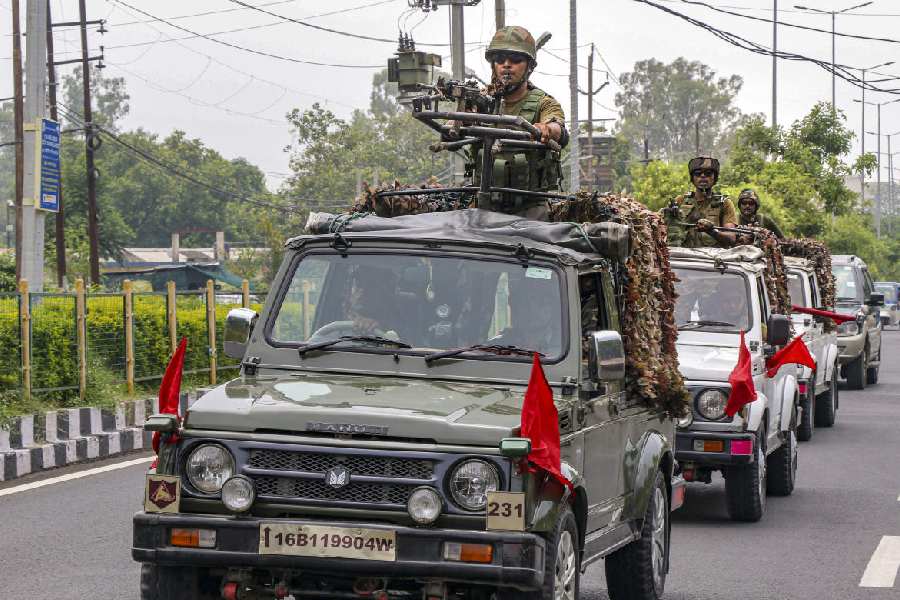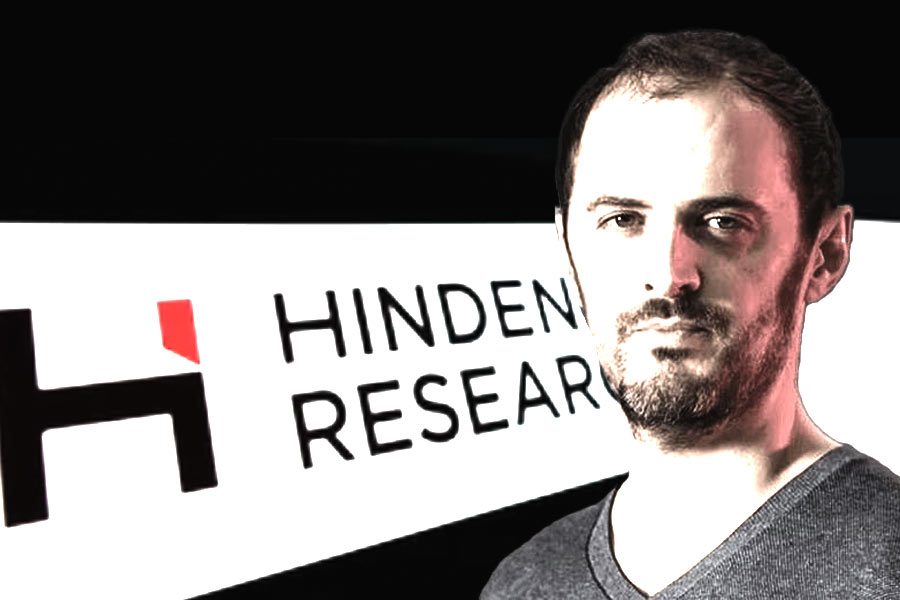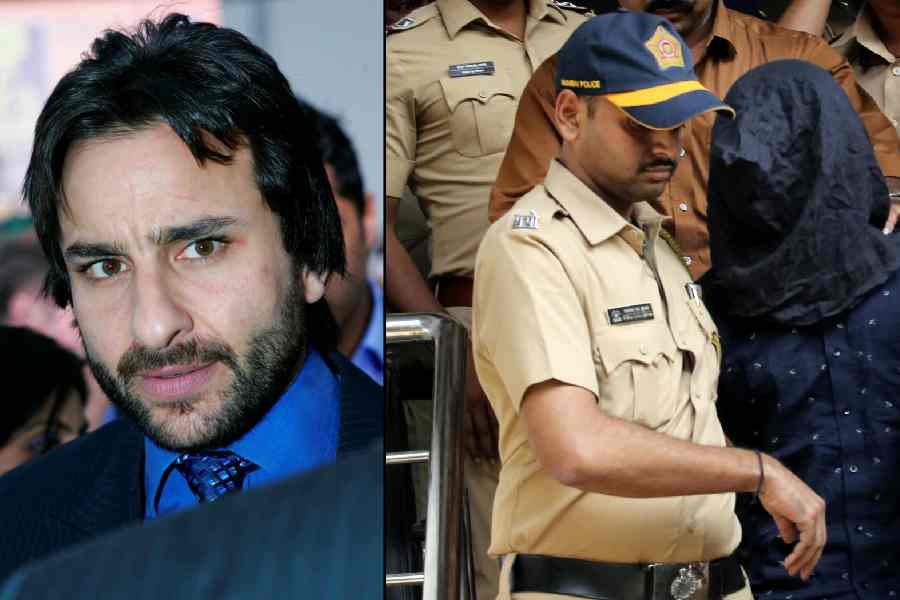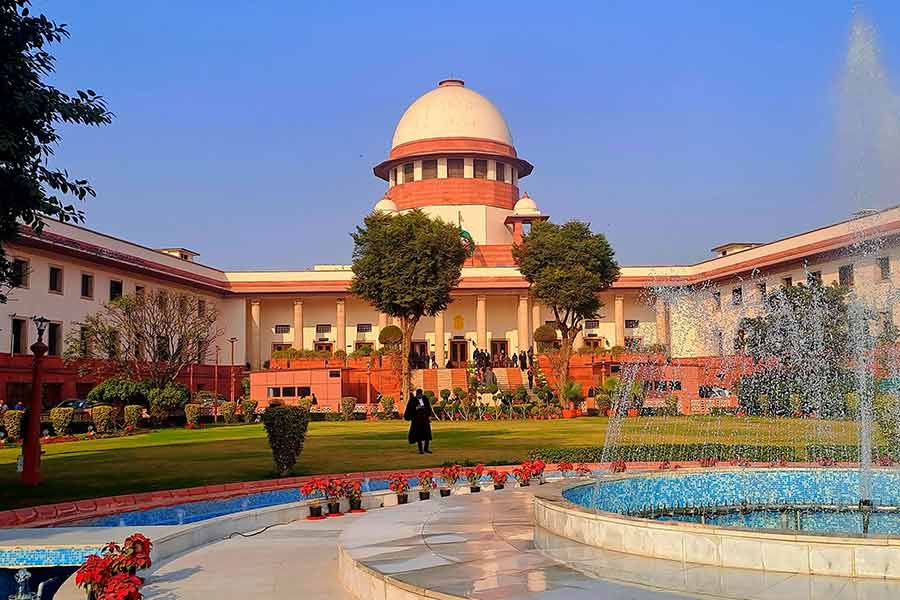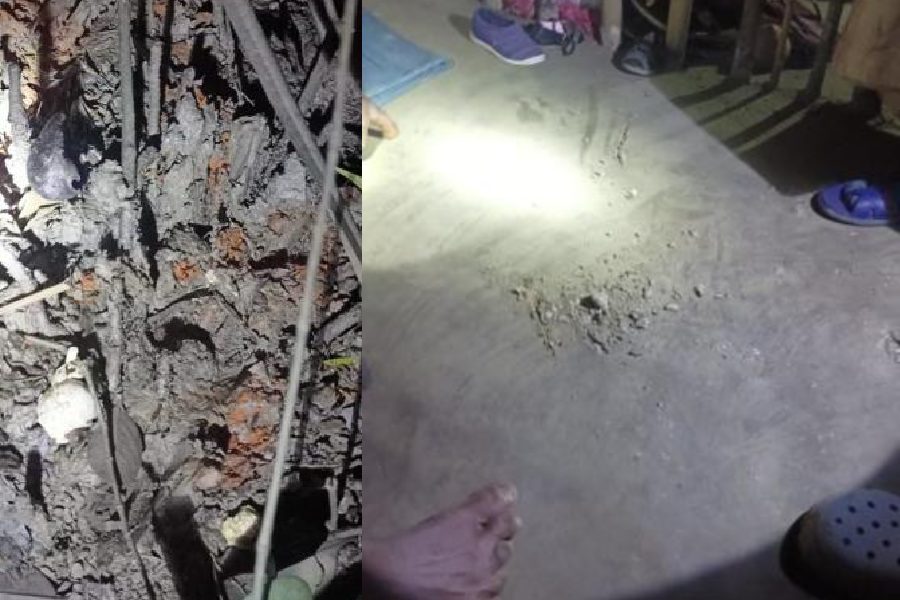Army chief General Upendra Dwivedi was back in Jammu in less than three weeks to review the situation emerging after a spate of deadly militant attacks in the region that had already prompted a massive security rejig including the deployment of thousands of additional soldiers.
Militants have carried out three major attacks in Jammu since the June 9 swearing-in ceremony of Prime Minister Narendra Modi, in addition to around half a dozen small attacks. The army is under pressure as none of the militants involved in the three major attacks have been nabbed.
Officials said General Dwivedi rushed straight to the police headquarters in Jammu after landing in the region to chair a high-level meeting, attended by director-general of police Rashmi Ranjan Swain, top army officers, paramilitary and intelligence officers.
The army chief later rushed to the Raj Bhavan to meet lieutenant governor Manoj Sinha and brief him about the measures planned to turn the tide against the militants.
“The CI (counter-insurgency) operations are being scaled up in Jammu. The presence of additional troops will help plug the gaps. The focus all these years has been on technical intelligence and the need for re-strengthening human intelligence will be the main focus. Successful infiltration by militants is a cause of major concern and the counter-infiltration grid is being strengthened which requires synergy between J&K and neighbouring Punjab,” an official in Jammu said.
The latest surge in militants has forced the army to deploy 3,000 additional troops and 500 para commandos. This is in addition to fresh deployment by central paramilitary forces. Sources said the Jammu region had seen the deployment of thousands of soldiers before the latest surge.
The re-opening of Jammu theatre for militancy has put fresh strain on the country’s security apparatus. The peace in the Jammu region had allowed the army to shift thousands of soldiers from Jammu to Ladakh in the wake of the 2020 face-off with the Chinese army, but the surge in militancy has already undone the gains.
The army chief’s second visit to Jammu this month is indicative of the challenge the Jammu militancy has thrown. General Dwivedi had picked Jammu on July 3 for his first visit outside the national capital after taking over as the new chief.
The first visit was followed by even more deadly attacks in Kathua and Doda during which nine soldiers including a captain were killed and several others injured.
Pakistan’s renewed militancy push has come as a surprise for forces as the neighbouring country is battling militants in its Khyber Pakhtunkhwa and Baluchistan provinces, taking far bigger casualties than that of the Indian Army in Jammu and Kashmir.
Minister visit
The BJP supporters on Saturday accorded a warm welcome to Dr Jitendra Singh, minister of state in the Prime Minister’s Office, in militancy-infested Doda, his apparent victory celebration standing in striking contrast to the grief over
the death of an army captain and three soldiers in the district on Monday.
A Press Information Bureau statement said Dr Singh, who recently won the Udhampur parliamentary seat, of which Doda is a part, third time in a row, said the minister was in the town to address a public rally and hold a “public durbar”.

